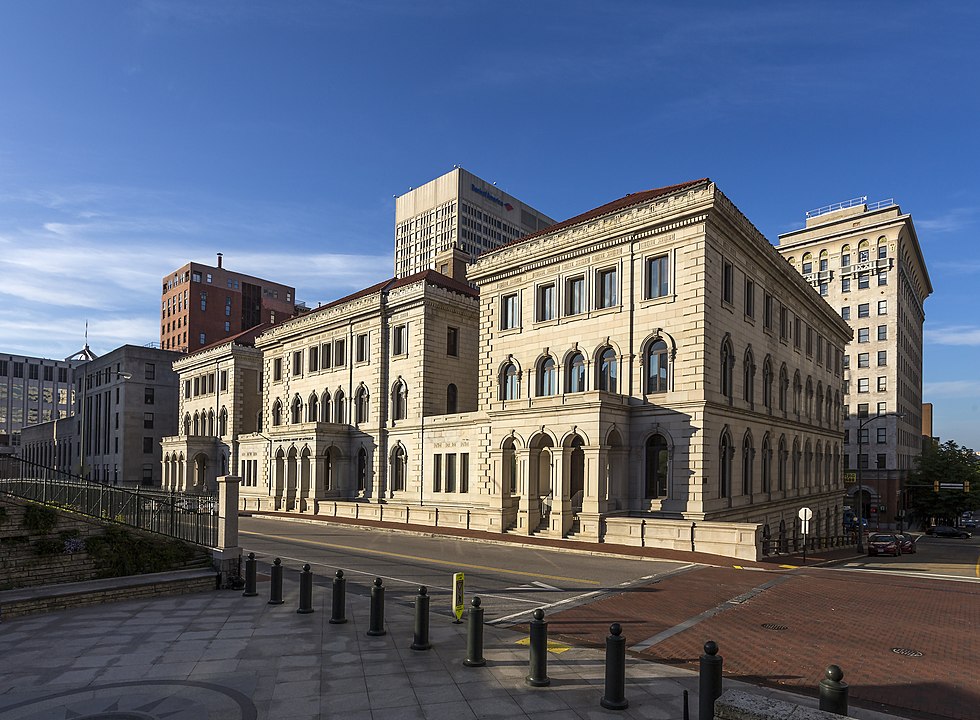(CN) — The South Carolina parks department battled Google Wednesday in the Fourth Circuit Court of Appeals over whether it had to comply with a subpoena in an antitrust lawsuit.
The South Carolina Department of Parks, Recreation and Tourism is challenging Google’s subpoena before a three-judge panel as the tech giant fends off claims it wields undue influence over the online advertising industry.
South Carolina joined the lawsuit filed by Texas and eight other states in 2020, which remains pending in the Eastern District Court of Texas.
During discovery, Google issued a subpoena to the state’s parks department for records related to its use of the company’s display advertising products. The department filed a motion to quash the subpoena in federal court in South Carolina, claiming sovereign immunity shielded it.
Google countered that the state waived immunity for its agencies when it filed the suit.
Senior U.S. District Judge Joseph F. Anderson sided with Google. The Ronald Reagan appointee wrote in an order that the department’s sovereignty stems entirely from its role within the state, which meant neither could exercise its immunity independent from the other.
The state agency was represented at Wednesday’s appeals hearing by R. Walker Humphrey II from Willoughby, Humphrey & D’Antoni of Charleston, South Carolina.
Humphrey told the three-judge panel that state Attorney General Alan Wilson was not representing the government in the antitrust litigation but instead represented “the general public and consumers” of South Carolina.
The distinction detailed in South Carolina’s Unfair Trade Practices Act meant Wilson did not waive sovereign immunity when he filed the litigation, Humphrey argued.
“South Carolina law draws a distinction: When the attorney general acts in the public interest, he is not acting on behalf of any arm of state government,” the attorney said.
Google’s attorney, Jason LaFond of Yetter Coleman in Houston, pointed out that Wilson filed a notice in the antitrust case regarding “the State of South Carolina’s intent to intervene.” The accompanying motion made it clear the state intervened in the case — not Wilson, LaFond said.
The case was heard by U.S. Circuit Judge Steven Agee, a George W. Bush appointee; U.S. Circuit Judge Stephanie D. Thacker, a Barack Obama appointee; and Senior U.S. Circuit Judge William B. Traxler Jr., a Bill Clinton appointee.
Subscribe to Closing Arguments
Sign up for new weekly newsletter Closing Arguments to get the latest about ongoing trials, major litigation and hot cases and rulings in courthouses around the U.S. and the world.









